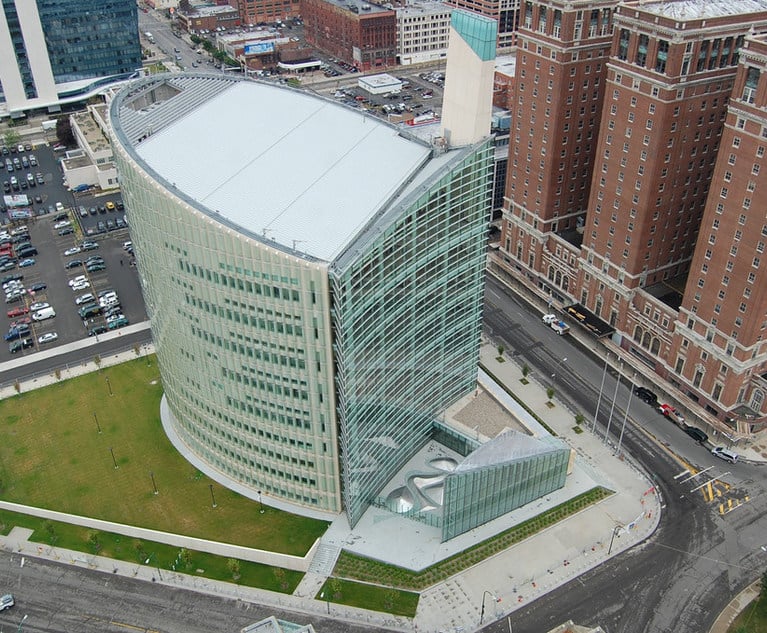The federal government has always been a source of market-moving information, but its role in creating and distributing such information has been especially pronounced during the COVID-19 pandemic. Over the past 10 months, the government has made crucial decisions relating to partial economic shutdowns, the structure and size of stimulus programs, and the identification and promotion of testing, vaccines and treatments for COVID-19. The disclosure of information relating to these critical topics often has been haphazard, with market-moving information being shared both selectively in closed-door meetings and publicly in White House Tweets. These developments have created abundant opportunities for those possessing government information to exploit it. This article discusses recent events giving rise to concerns about insider trading, the scope of insider-trading laws as they apply to government officials and alleged tippees, and whether the change in administration is likely to result in a greater focus on insider trading based on government information.
Recent Examples
The potential insider-trading risks associated with the wealth of “political intelligence” related to COVID-19 have been highlighted by two recent events. First, Sen. Richard Burr’s sale of stock holdings in the early days of the pandemic resulted in an FBI investigation. Burr, who had been receiving classified briefings on COVID-19 as chair of the Senate Intelligence Committee, sold up to $1.7 million in stock on Feb. 13, 2020. He avoided enormous losses when the market began to decline shortly thereafter. Some news outlets speculated that while he was reassuring the broader public through an editorial, he was telling a small group of business leaders that the virus was “much more aggressive in its transmission than anything that we have seen in recent history.” Tim Mak, “Weeks Before Virus Panic, Intelligence Chairman Privately Raised Alarm, Sold Stocks,” NPR (March 19, 2020). The FBI’s decision to seize Burr’s phone in May suggests he may have criminal exposure due to his trades, though the investigation’s current status and scope remain unclear.


 Photo: TZIDO SUN/Shutterstock.com
Photo: TZIDO SUN/Shutterstock.com




